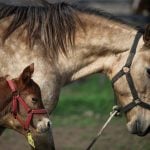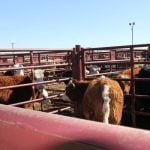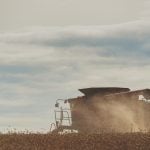Uruguay’s left-of-centre government sent a bill to Congress on Friday to tax major farm holdings, including land, machinery and herds, revamping a previous proposal that was struck down by the Supreme Court.
President Jose Mujica, a former guerrilla fighter, aims to discourage concentration of land ownership in the hands of a few. His government also wants to finance infrastructure projects.
The bill targets agricultural assets worth more than $1.6 million and would tax them at a sliding-scale rate of between 0.75 per cent and three per cent.
Read Also

U.S. livestock: Cattle fall sharply as Trump says he’s working to lower beef costs
Chicago cattle futures fell sharply on Friday after U.S. President Donald Trump said his administration was working to lower the…
The proposal would bring in more than $60 million in revenue a year and affect roughly 1,200 landowners, a government source said on condition of anonymity. Governing-party lawmakers are expected to pass the bill by July.
Agriculture and cattle-ranching are the traditional mainstays of Uruguay’s economy. But the new tax would also affect forested lands planted to supply the burgeoning pulp industry, which has drawn investment from companies such as Finland’s Stora Enso and Chile’s Arauco, a unit of the Copec industrial conglomerate.
In February, Uruguay’s Supreme Court threw out a 2011 tax on large land holdings, saying it was unconstitutional and overlapped existing levies collected by local governments.
The country’s farm lobby criticized the earlier tax, and more than 100 companies from the farm sector presented complaints against it to the judiciary.
— Reporting for Reuters by Malena Castaldi, writing by Hilary Burke.















